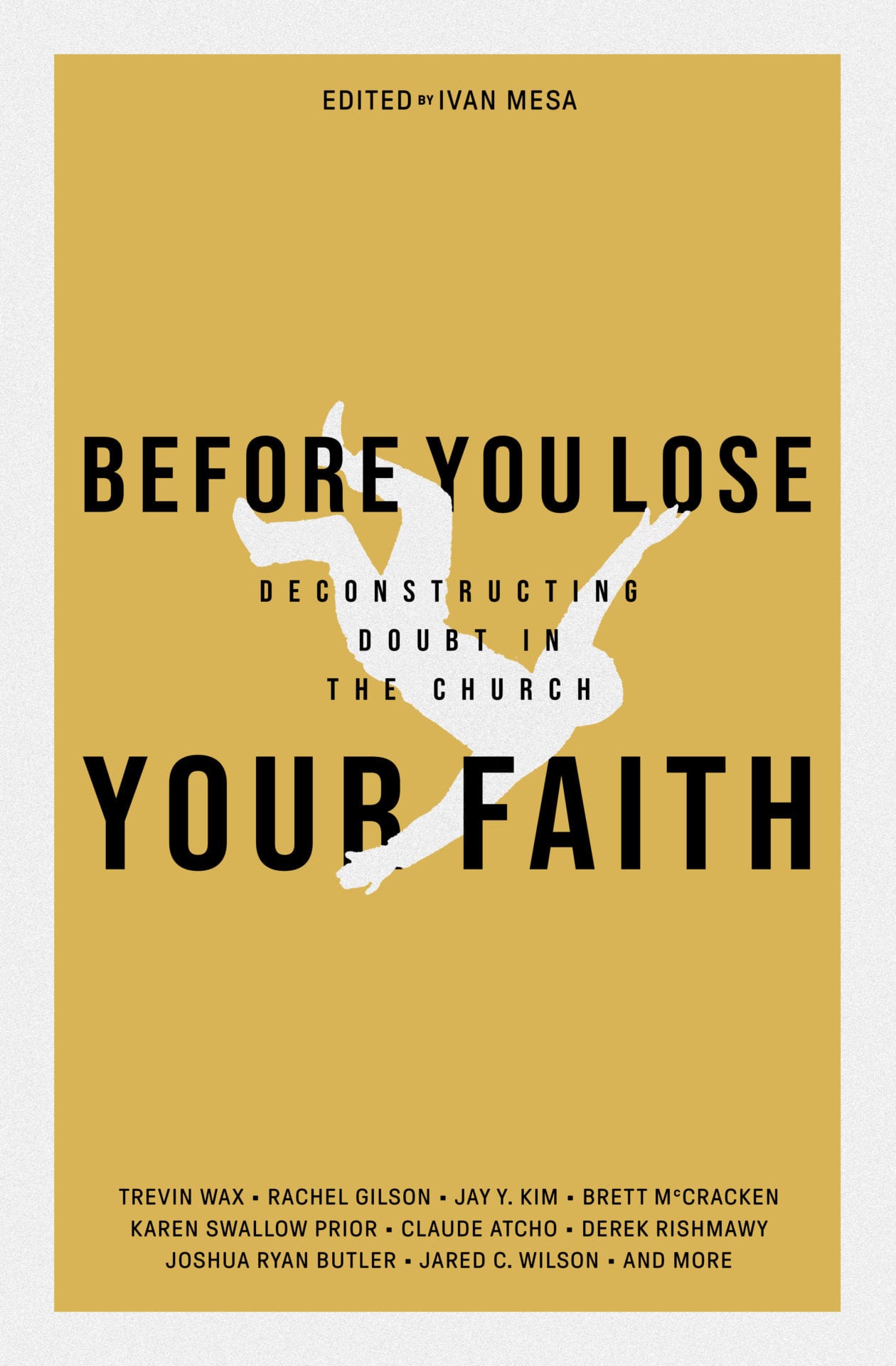This is part 1 in a 5 article series on using memorization to increase knowledge of the Bible and develop a sanctified imagination:
“My philosophy of life,” says Ed Cooke, a British author and Grand Master of Memory, “is that a heroic person should be able to withstand about ten years in solitary confinement without getting terribly annoyed.”
Cooke has already memorized the bulk of John Milton’s Paradise Lost and is working on doing the same with the works of Shakespeare. “Given that an hour of memorization yields about ten solid minutes of spoken poetry, and those ten minutes have enough content to keep you busy for a full day, I figure you can squeeze at least a day’s fun out of each hour of memorization—if you should ever happen to find yourself in solitary confinement.”
While I’ve never found myself in solitary confinement, I have experienced a close substitute. While waiting to leave for Marine Corps boot camp, I spent a summer working in a factory in Moberly, Missouri making parking brakes. For eight hours a day my sole duty was to sit in front of a metal grinder and smooth the rough edges off the parts to be assembled. The mindless task freed me to be alone with my thoughts for about 2,400 minutes a week. But it took only about 24 minutes before I realized the material in my head was as dull and dreary as the factory around me.
The first few days I recited the lyrics to every pop song that had ever stuck in my head. The next week I tried to piece together the plots of favorite sitcoms. By the third week I had tired of Michael Jackson hits and Brady Bunch reruns and began to plead God to free me from my wage-based boredom. The Lord answered by having my military recruiter ship me off to basic training four months early.
The initial thrill of being free from my own mental prison soon waned when I realized I was in for more of the same. The endless hours of standing in formation on the parade grounds of San Diego, the interminable hours of running on the beach as San Onefre, and the never-ending forced marches through the hills of Camp Pendleton almost made me wish I were back at my grinder in Missouri. Yet again I was required to lean on my imagination and found—yet again—it could not bear the weight.
A Missed Opportunity
At the time, I thought God was either punishing me for some hidden sin or testing me to see how much pain I could endure. Now I realize I had been blessed with an opportunity that I was unprepared to appreciate. I had been given hours of uninterrupted time that could have been used to reflect and meditate on God’s word. But I was unable to nourish my soul because I had failed to feed my imagination.
Had I spent time memorizing Scripture I would have been prepared for the times of solitude and reflection. Instead, I began to realize the truth of Blaise Pascal’s claim that, “All of humanity’s problems stem from man’s inability to sit quietly in a room alone.”
When we have the entire Bible available as an app on our smartphones, it seems an unnecessary waste of time and effort to memorize specific verses or the grand narrative of the story. By relying on technology to do our remembering for us, we have forgotten the moral aspect of memorization. “A trained memory wasn’t just about gaining easy access to information,” says Joshua Foer, referring to the ancient world, “it was about strengthening one’s personal ethics and becoming a more complete person.” Foer adds that the thinking of the ancients was that only through memorization could ideas truly be incorporated into one’s psyche and their values absorbed. “Indeed, the single most common theme in the lives of the saints—besides their superhuman goodness—is their often extraordinary memories,” Foer notes.
Devouring Scripture to Ruminate on God’s Word
In the medieval era, almost all Christian clergy and educated laity were expected to have memorized significant portions of the Bible. As one guide for monastics makes clear, before being accepted as a monk a man was expected to have memorized all the Psalms. For church fathers like Augustine, memorization of the Biblical text helped to make Scripture function like a second language. It has been observed, says Mary Carruthers, that Augustine wrote “not only in Latin but ‘in Psalms,’ so imbued is his language with their phrasing and vocabulary.”
When we speak euphemistically of “devouring a book,” we are following the lead of our medieval ancestors who considered the stomach a metaphor for memory. Books like the Bible were devoured and digested by their readers and regurgitated for recitation. As the Italian poet Petrarch said, “I ate in the morning what I would digest in the evening; I swallowed as a boy what I would ruminate upon as an older man.”
How many of us can say that we’ve swallowed Scripture in a way that allows us to ruminate on God’s Word?
But the craft of memorization is not just for our internal uses; like most crafts it has practical application. “As an art, memory was most importantly associated in the Middles Ages with composition, not simply with retention,” say Carruthers. “Those who practiced the crafts of memory used them—as all crafts are used—to make new things: prayers, meditations, sermons, pictures, hymns, stories, and poems.”
Memorization is an essential aspect of the stewardship of our imagination that has been all but lost. To help you recover this forgotten skill, we are covering it in this short series. By the time this series is complete you’ll be able to memorize short lists (such as the Ten Commandments), learn techniques for memorizing long and detailed lists, and have memorized—and be able to recall—thirty key events from the fifty chapters of Genesis. (Seriously, you will. It’s much easier than it sounds.) I hope you’ll read the rest of the articles as we work on developing an important skill for feeding our imaginations.
Free Book by TGC: ‘Before You Lose Your Faith’
 Many young people are walking away from Christianity—for reasons ranging from the church’s stance on sexual morality, to its approach to science and the Bible, to its perceived silence on racial justice.
Many young people are walking away from Christianity—for reasons ranging from the church’s stance on sexual morality, to its approach to science and the Bible, to its perceived silence on racial justice.
TGC’s book Before You Lose Your Faith: Deconstructing Doubt in the Church is an infusion of hope, clarity, and wisdom in an age of mounting cynicism toward Christianity.
For anyone entering college or the workplace and looking for a timely reminder of why Christianity is good news in a skeptical age, make sure to get your FREE ebook Before You Lose Your Faith today!


































